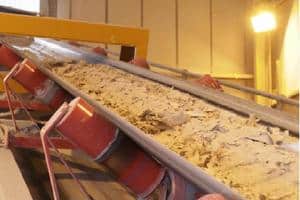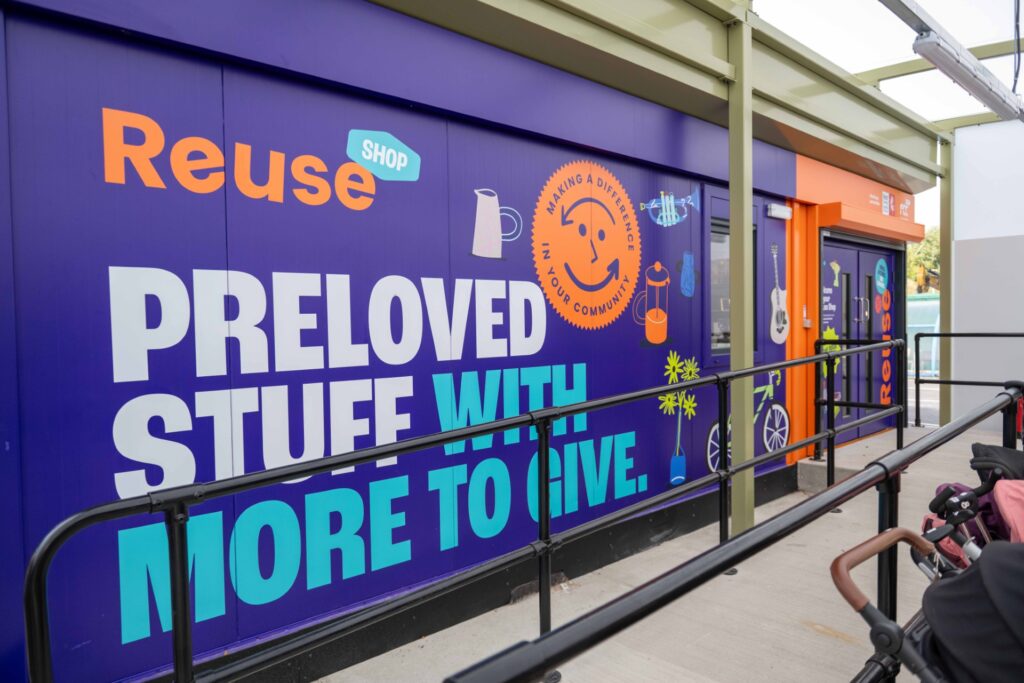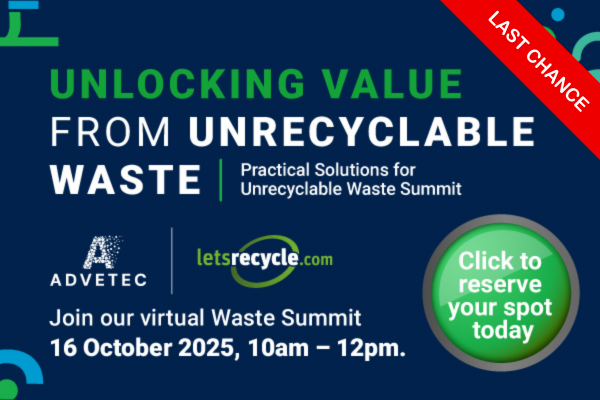WRAP claimed that the document will make it easier for end markets – predominantly plasterboard and cement manufacturer, and agriculture – to use recycled gypsum in their applications as it will stipulate that the material is produced in accordance with the British Standard Institute's PAS109 specification.
This will be coupled with around £8 million-a-year savings in disposal costs for the material, which is subject to stricter disposal regulations since the introduction of the Landfill Directive and the Environment Agency announcing in April 2009 that gypsum could only be sent to a mono-cell landfill.
Mervyn Jones, joint project executive at WRAP, said: “By increasing market confidence in recycled gypsum, generating savings for end users and increasing the value of sales of the product, the Quality Protocol could realise a net benefit to industry estimated to be £38 million between now and 2020.”
Recycled gypsum that is not Quality Protocol compliant will continue to attract regulatory costs. For example, agricultural users need to pay £546 to register for an exemption to use recycled gypsum on their land. This exemption only allows the material to be used on a maximum of 50 hectares of land.
Furthermore, WRAP claims that the Quality Protocol will help manufacturers to achieve the voluntary Ashdown Agreement, which promotes the recycling of gypsum waste plasterboard (see letsrecycle.com story).
Quality Protocols
The Quality Protocol is part of a Waste Protocols Project being run jointly by WRAP and the Environment Agency to determine when a range of waste materials can be fully recovered and reused.
The most recent Quality Protocol published was for tyre-derived rubber materials in November 2009 (see letsrecycle.com story) and follows anaerobic digestate which had its final document published in September 2009 (see letsrecycle.com story).
Full protocols have also been finalised and signed off by the European Commission for materials such as compost, flat glass and biodiesel derived from waste cooking oil and rendered animal fat.
The Waste Protocols Project was launched in 2005 and has assessed 11 materials for Quality Protocols. In June 2009, the Environment Agency revealed that it would be considering four more materials during its programme of work between 200910 and 2010/11 (see letsrecycle.com story).









Subscribe for free